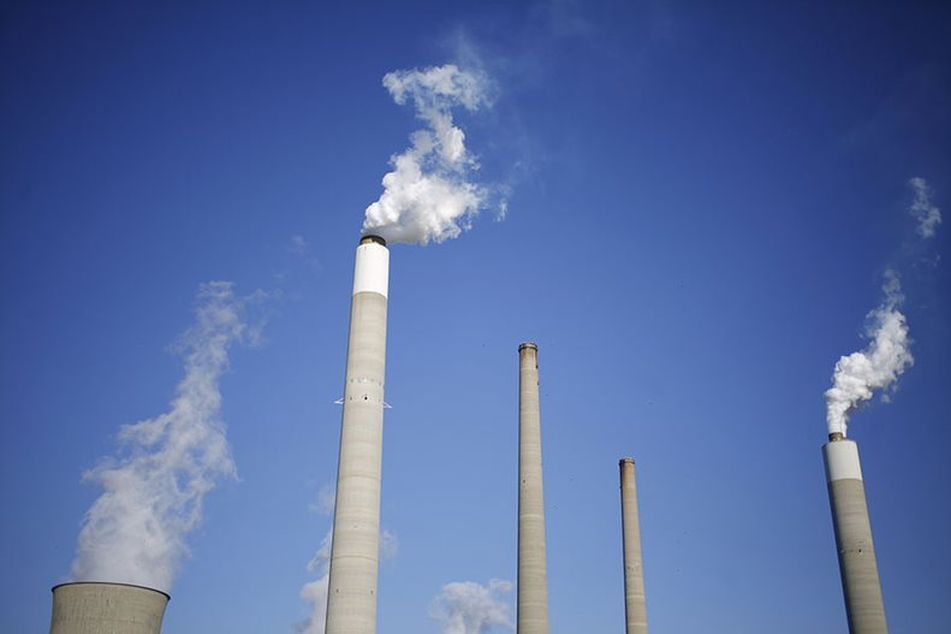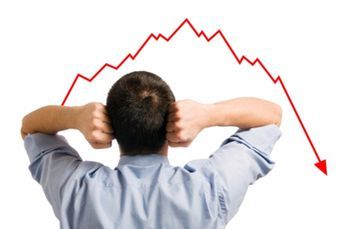Corporates’ net-zero goals are ‘misleading’ and lack transparency

An assessment of 25 big companies' pledges found that most excluded the bulk of the emissions associated with their business.
Many of the world’s biggest companies that have made net-zero pledges are little more than platitudes offering no transparency into how they plan to reach their stated goals, according to a report published Tuesday.
On average, the “net zero” sentiments apply to about 40% of the greenhouse gas emissions produced by the companies and their value chains — and that is only true for about half of businesses, as the rest have provided no specificity for how they plan to achieve their goals, the New Climate Institute and Carbon Market Watch stated in the paper. Only three companies – Maersk, Vodafone and Deutsche Telekom — have shown plans to reduce at least 90% of Scope 3, or value chain, emissions by certain target years, the authors wrote. Furthermore, five companies on the list have only shown plans to chop their overall emissions by less than 15%, as they failed to include upstream and downstream carbon sources.
When viewed as a group, the 25 companies account for an estimated 2.7 gigatons of carbon-dioxide equivalents annually, or roughly 5% of all greenhouse gas emissions in the world. Because of the gaps in their commitments, the pledges to reach net zero only apply to about 20% of their emissions, according to the report.
Integrity and transparency
The New Climate Institute did not give any companies a checkmark for “high integrity” for their climate goals. But one firm, Maersk, has “reasonable integrity” and reasonable transparency for its 2040 net zero pledge, the group noted. It defined integrity as “a measure of the quality, credibility and comprehensiveness of those approaches.”
Three others are listed as having “moderate integrity” and reasonable transparency around their efforts: Apple, Sony and Vodafone.
Other corporate giants, including Amazon, Google, Walmart, GlaxoSmithKline, Volkswagen and others received low assessments for the integrity of their pledges. Below that, with “very low integrity” for their climate goals, were companies including Accenture, BMW, CVS Health, Nestle, Novartis, Unilever and others, according to the report.
Awash in green
The firms account for 10% of all the revenue among the world’s largest 500 companies, the authors noted.
“The rapid acceleration of corporate climate pledges, combined with the fragmentation of approaches means that it is more difficult than ever to distinguish between real climate leadership and unsubstantiated greenwashing,” the report read. “This is compounded by a general lack of regulatory oversight at national and sectoral levels. Identifying and promoting real climate leadership, and sorting it from greenwashing, is a key challenge that, where addressed, has the potential to unlock greater global climate change mitigation ambition.”
Just over a quarter of the firms on the list provided comprehensive data for all of their Scope 3 emissions, with many being “selective in what they present, showing only minor emission sources and, in various instances, creating a misleading impression of their overall footprint.”
One of the biggest factors in underreporting is emissions related to land use change, such as deforestation, according to the report. On that topic, the paper singled out meat processor JBS, whose self-reported emissions only represent 2.4% of levels calculated in an independent assessment for that company. That difference is due to the large carbon footprints of suppliers and deforestation associated with the business.
New standards
Eighteen of the 25 companies in the report have emission goals that appear to align with the Science Based Targets initiative for limiting global warming to 1.5 degrees Celsius.
But the pledges that businesses have made have fine print, leaving a lot of wiggle room. And the standards being provided have the potential for conflicts of interest when the same firms are determining standards and assessing companies, according to the report.
“Standard-setting initiatives are lending credibility to low quality and misleading targets,” the authors wrote.
“For the majority of the 18 companies assessed in this report with an SBTi approved 1.5°C (or 2°C) compatible target, we would consider that rating either contentious or inaccurate, due to various subtle details and loopholes that significantly undermine the companies’ plans.”
The Great Wealth Transfer keeps getting greater
Learn more about reprints and licensing for this article.








